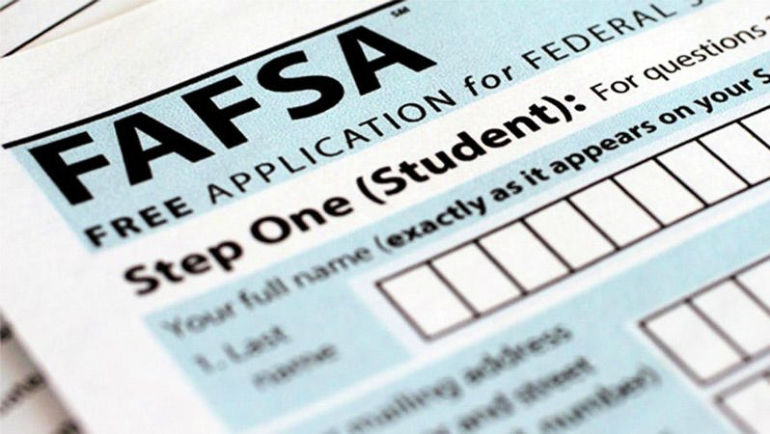In an era where higher education plays a crucial role in career success and personal development, the rising costs of college can be a significant concern for students and their families. The pursuit of knowledge shouldn’t be hindered by financial burdens. If you’re wondering, “How can I lower the cost of college?” you’re not alone. This article aims to provide you with effective strategies to minimize college expenses while still receiving a quality education.
Understanding the Financial Challenge
Before diving into practical solutions, it’s essential to understand the factors contributing to the soaring costs of higher education. Colleges allocate resources to faculty salaries, facilities, technology, and various amenities that enhance the student experience. These expenditures, combined with administrative costs and inflation, result in the need for substantial tuition fees.
1. Start with In-depth Research
Research is the foundation of successful college cost reduction. Begin by exploring potential colleges and universities that offer excellent programs within your chosen field of study. Compare tuition fees, financial aid options, scholarships, and grants. Look beyond big-name institutions; smaller colleges often provide quality education at a fraction of the cost.
2. Maximize Financial Aid Opportunities
Completing the Free Application for Federal Student Aid (FAFSA) is a critical step in accessing financial aid. This application determines your eligibility for federal grants, work-study programs, and low-interest loans. Additionally, research and apply for scholarships relevant to your interests, achievements, and demographics. Scholarships can significantly offset tuition costs.
3. Consider Community College
Attending a community college for the first two years of your degree can significantly reduce expenses. Community colleges generally have lower tuition rates, and credits earned can often be transferred to a four-year institution. This approach allows you to fulfill general education requirements at a fraction of the cost.
4. Explore Online Education
Online courses and degree programs are gaining popularity for their flexibility and affordability. These programs eliminate the need for commuting and often have lower tuition fees. You can continue working part-time or full-time while pursuing your education, further reducing financial strain.
5. Work-Study Programs and Part-Time Jobs
Engaging in on-campus work-study programs or part-time jobs can provide you with extra income to cover living expenses. These opportunities not only alleviate financial pressure but also offer valuable work experience that can enhance your resume.

Navigating College Expenses: A Personal Story
“I was determined to pursue a college education despite financial constraints. Through diligent research, I discovered a lesser-known university with a strong program in my desired field. By securing scholarships and participating in work-study, I managed to graduate with minimal debt. My college journey taught me that resourcefulness and perseverance can lead to a quality education without overwhelming financial burdens.” – Jessica
Conclusion: Empowering Your College Journey
In conclusion, the cost of college shouldn’t deter you from pursuing your dreams and aspirations. By approaching the challenge strategically and with a proactive mindset, you can significantly lower the financial impact of higher education. Through thorough research, financial aid exploration, considering alternative education paths, and part-time work, you can attain a quality education without sacrificing your financial well-being. Remember, your determination and willingness to explore options will pave the way for a brighter academic future.
So, if you’re asking yourself, “How can I lower the cost of college?” know that with the right approach, dedication, and wise financial choices, you can make your college journey affordable and fulfilling.





